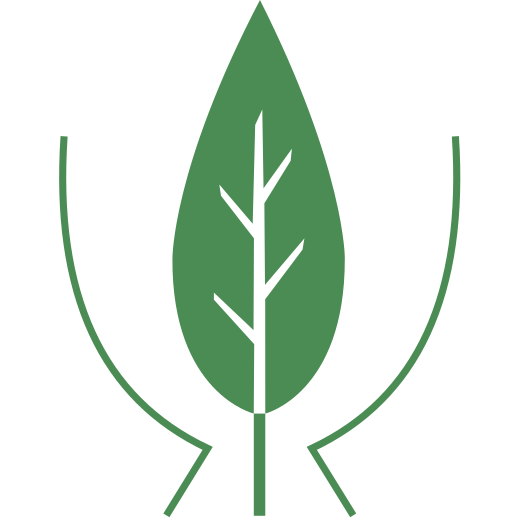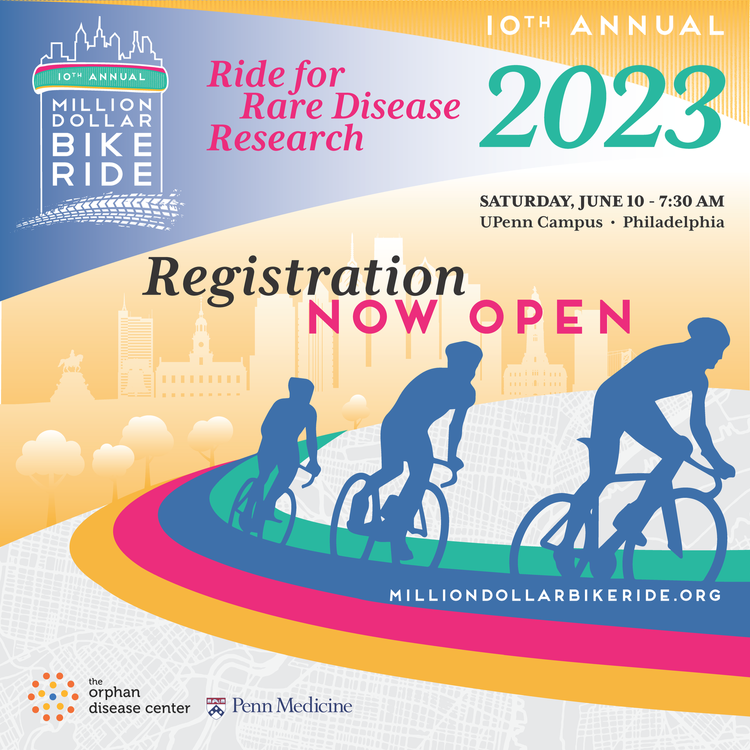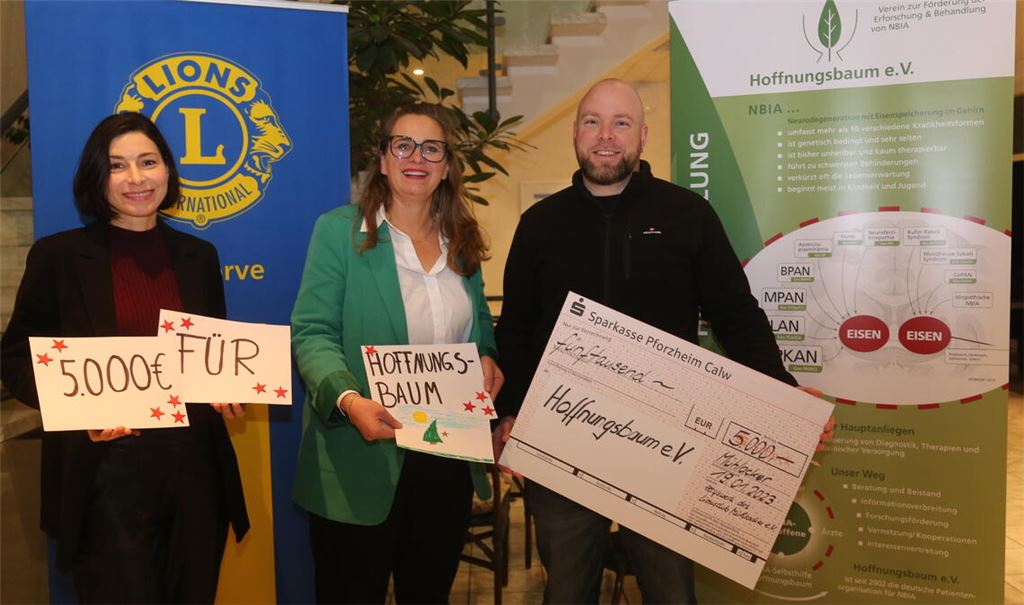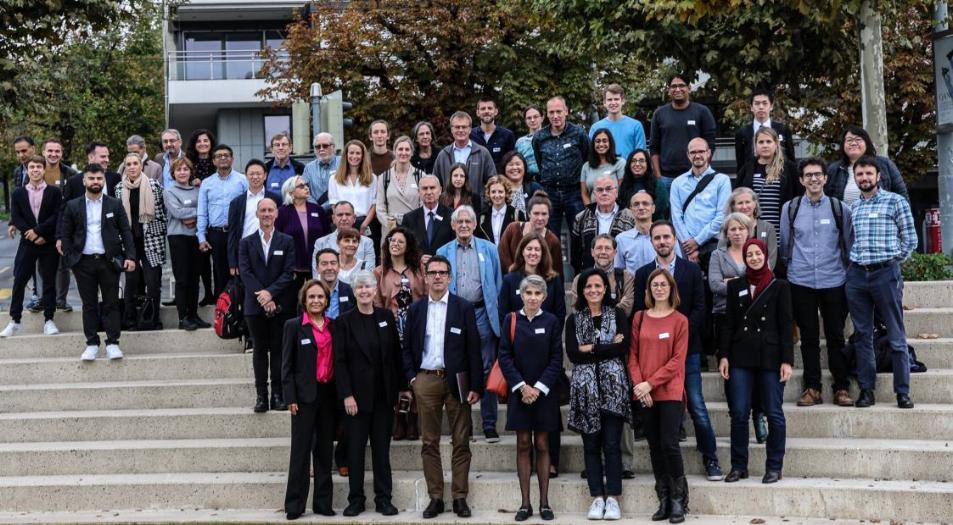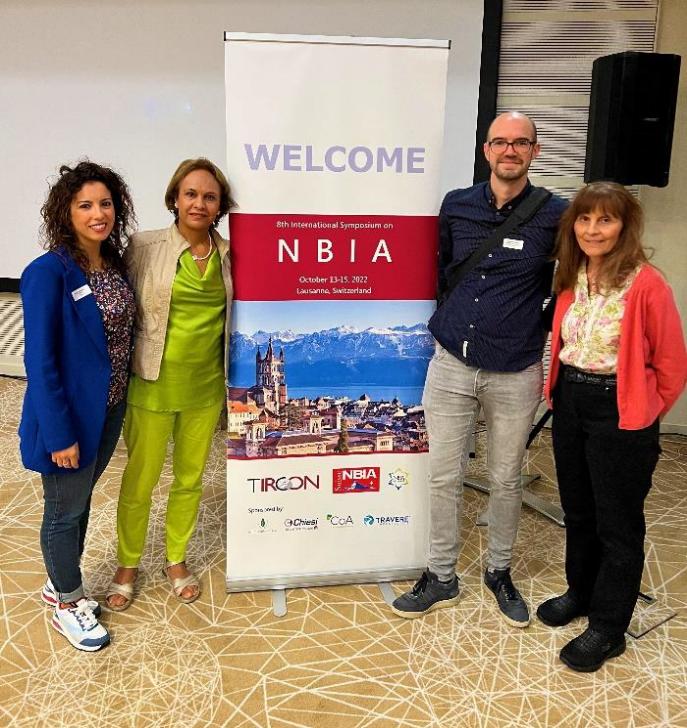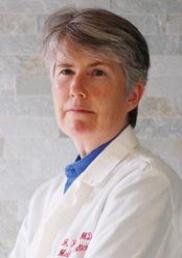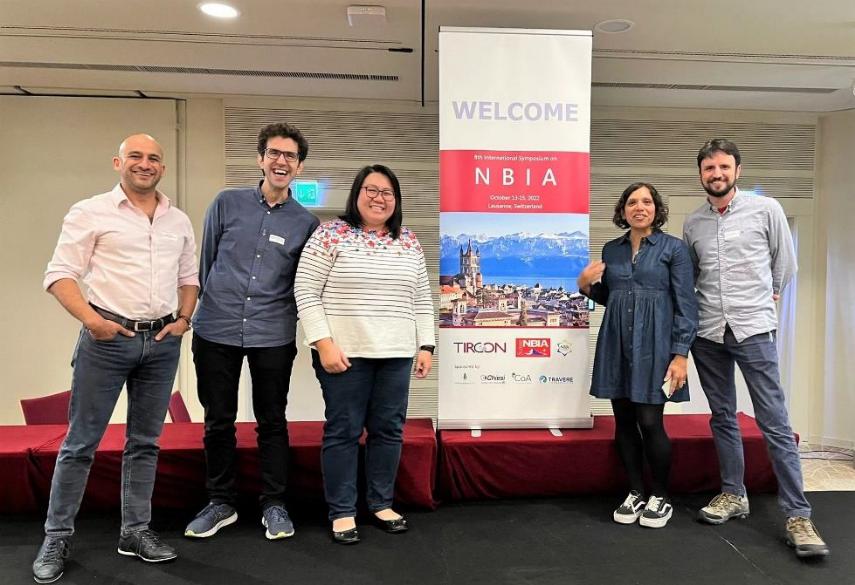Cycling for BPAN research - Million Dollar Bike Ride 2023
Cycling for BPAN research - Million Dollar Bike Ride 2023
Once again this year, the Million Dollar Bike Ride (MDBR) at the University of Pennsylvania in Philadelphia is raising funds for research into rare diseases. The 10th edition of the charity bike race will take place on June 10, 2023.
https://www.milliondollarbikeride.org/
Once again, it is possible to participate virtually. This gives us in Germany the chance to be there again. Be it just by collecting donations or by actually cycling along, having fun and at the same time drawing attention to NBIA and especially BPAN with photos.
This year, 39 different organizations are participating and the NBIA variant BPAN is again represented by our partner organization NBIA Disorders Association (NBIA DA) in the USA.
The interesting thing about the MDBR is that the donations collected are doubled by the University of Pennsylvania for a sum between US$ 20,000 and 30,000. Last year, a $69,755 BPAN research grant was awarded to Professor Bertrand Mollereau, at ENS-Lyon in France. Our goal is to surpass the US$ 20,000 mark again in 2023 together with the NBIA DA in order to initiate a new research project!
You can participate virtually as a participant and document your activities or simply donate. Officially, however, every active participant must register. However, virtual participation is free of charge. Please register here: https://www.milliondollarbikeride.org/2023-cyclist-registration
Markus Nielbock has once again created a donation page: https://charity.pledgeit.org/f/Cj497fpqdR Through this page, you can donate directly to the organizers of the MDBR for BPAN research by credit card.
Impressions from last year, video: NBIA DA
However, as in previous years, you can also make your donations to Hoffnungsbaum transfer. As "Team BPAN Germany", we collect these funds and then transfer them to our partners in the USA. In this way, you will receive proof of tax settlement from us for your donation. Please indicate "MBDR 2023" or "Team BPAN Germany" as the reason for payment. It is best to use our online donation form: https://www.hoffnungsbaum.de/spenden/
From now on, you are all called upon to work with friends, relatives, acquaintances, celebrities, athletes, colleagues, sponsors, ... To become part of this team and to cycle and raise funds for BPAN research. Encourage people around you to participate. Launch actions in your environment and draw attention to BPAN.
Post photos and videos on social media to raise awareness of the action under the hashtags: #MDBR2023 and #TeamBPANGermany or on Twitter and Instagram @MDBRide4Rare and @milliondollarbikeride on Facebook. Take advantage of our photos and videos of our Team BPAN Germany Poster. You can also send us pictures to publish on this page or on our team website.
You are welcome to document your routes via the MDBR's STRAVA portal: https://www.milliondollarbikeride.org/strava
We are very confident that with your support and together with the NBIA DA, we will surpass the US$ 20,000 mark and double the donation amount again.
Contact person for the "Team BPAN Germany" of the MDBR 2023 is Markus Nielbock: markus.nielbock@hoffnungsbaum.de
